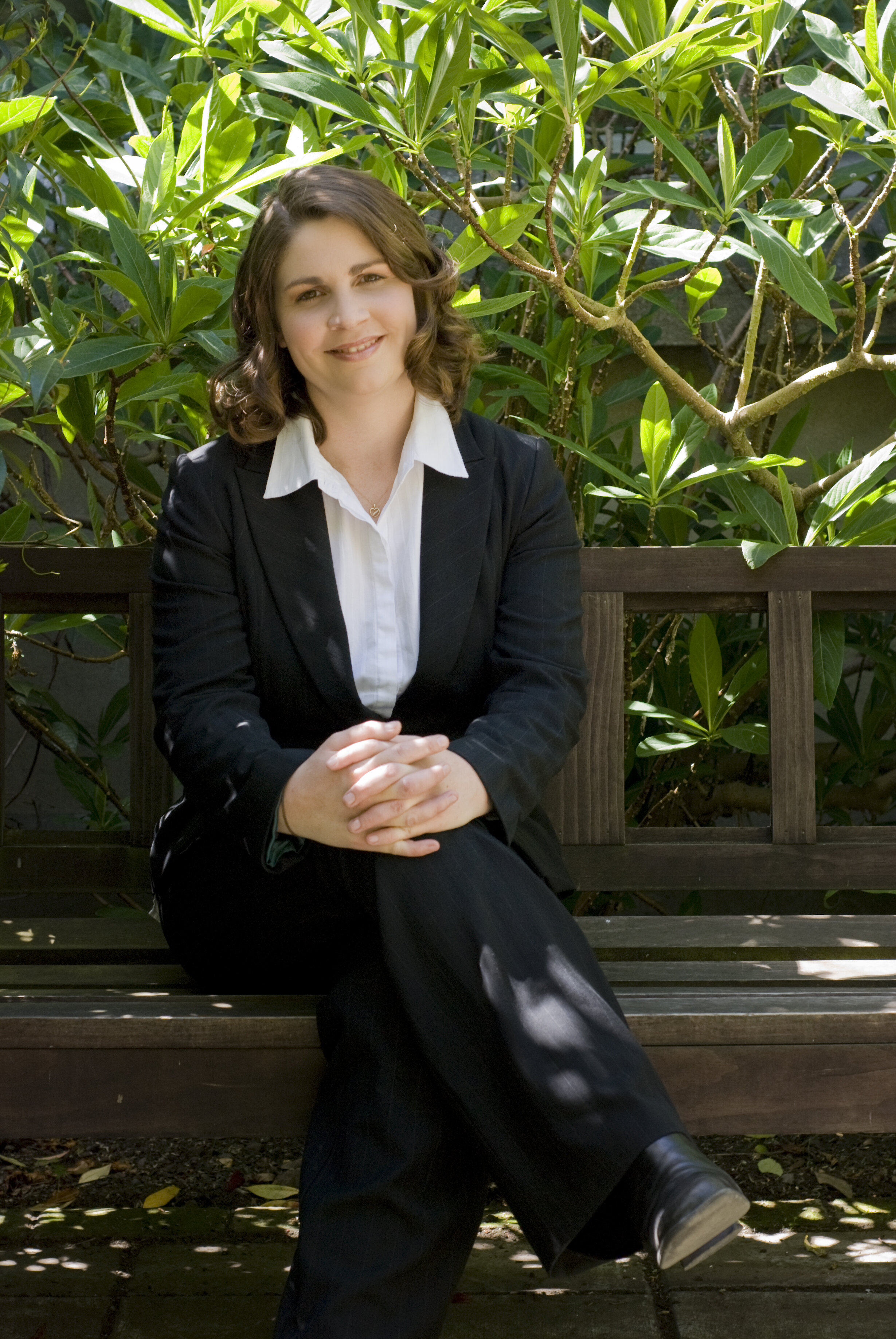VK Tritschler
VK Tritschler is a full-time busy body, and part-time imagination conjurer. She lives on the amazing Eyre Peninsula in South Australia, having moved there from her hometown of Christchurch, New Zealand. Her family consists of a very patient husband, two rampant boys and too many pets to mention. She has a wonderful set of amazing writers who support her in the form of Eyre Writers, and in return she offers crowd control services for the Youth section who are the future best-selling Australian authors.
Her first book “The Secret Life of Sarah Meads” was released in 2018 and since then she has kept herself busy participating in the Anthology “Magic & Mischief”, publishing “The Risky Business of Romance”, “Trade Secrets”, participating in the NYC Writing Challenge, the Clunes Booktown, and helping to organize and run the Eyre Writers Festival.
Marina Raydun: Have you been writing since youth or did you fall into it as an adult? What inspired you to start writing within the romance genre?
VK Tritschler: I have always had an interest in the written word but as a reader rather than a writer. I only began my writing life about six years ago when I moved to Australia. But my Nana always loved romance books, and used to hide her 'penny horribles' around the house and I become addicted to not only finding them, but reading them. And from one romance reader to another, there is something almost hypnotic about unravelling the tangle that is a good romance.
MR: What’s the most difficult part about writing characters from the opposite sex?
VK: Perspective. It is all very well to imagine what you think a person might take from a situation, but to truly appreciate their focal points you need to get someone from the opposite sex to read your work and give feedback. Even then, I think we inevitably write with the direction and guidance of our readership as well, which in my case is predominantly women.
MR: What’s the best and worst book review you’ve ever received?
VK: When I started getting reviews, I got a one star review which was almost crippling. As a new writer, it seemed to imply that my efforts were pointless. But then when I stood back and away from the review, I got some perspective and it is now one of my favourite things. It pushed me to write better, be stronger, and ask more of myself and my characters. And there is nothing wrong with not being perfect when you start, its about the journey and growing as you go.
MR: What other authors are you friends with, and how do they help you become a better writer?
VK: I have lots of amazing author friends, who not only push me, but remind me of the importance of my writing on my own wellbeing. When I am tired and run down, I sometimes don't feel like writing, but once I start and escape into the worlds my mind creates it reinvigorates me. Sometimes my friends have to push me to get started, so that I can lavish in the stories. Sometimes it is just being able to bounce ideas around, or discuss plot line or concerns. It is a type of family that wraps itself around you.
MR: What book do you wish you had written?
VK: I read books all the time that I wish I had written. But if I had to meet any authors from any decade it would be Charles Dickens and Jane Austen. One for the darkness and the other for the light.
MR: If you could cast your characters in a Hollywood adaption of your book, who would play your characters?
VK: Actually for most of my books I have scouted ideas of actors, but they are normally obscure or from foreign films. I guess my mind works in mysterious ways!
MR: Is there one topic you would never write about as an author? Why?
VK: I think I would never write about something I didn't believe in. For me, my writing is attached to emotions, and therefore I cannot write a story if I do not emotionally connect to it in some way - which I guess limits me to things that I have experienced or have first hand knowledge of, even its a pseudo-version of my own understanding such as paranormal worlds.
MR: What are your literary pet peeves?
VK: Being told that we cannot create books outside of our genre, or we must write only to market. As authors we are artists, we do not need to be shackled to expectations.
MR: Who is your literary crush?
VK: Nora Roberts - a woman who despite everything, writes what she wants, speaks out when she feels she needs to, and writes prolifically.
MR: Is there a thing you’ve written that makes you cringe now?
VK: No, because when I read my first attempts I can see my own growth and development. Like a toddler learning to walk, and then to run, my writing shows the outline of my literary wings.
You can learn more about VK Tritschler here:
www.vktritschler.com
www.facebook.com/vktritschler
www.twitter.com/vktritschler
www.goodreads.com/vktritschler
To request review copies or an interview with V.K., please contact Mickey Mikkelson at
Creative Edge Publicity: mickey.creativeedge@gmail.com / 403.464.6925.





